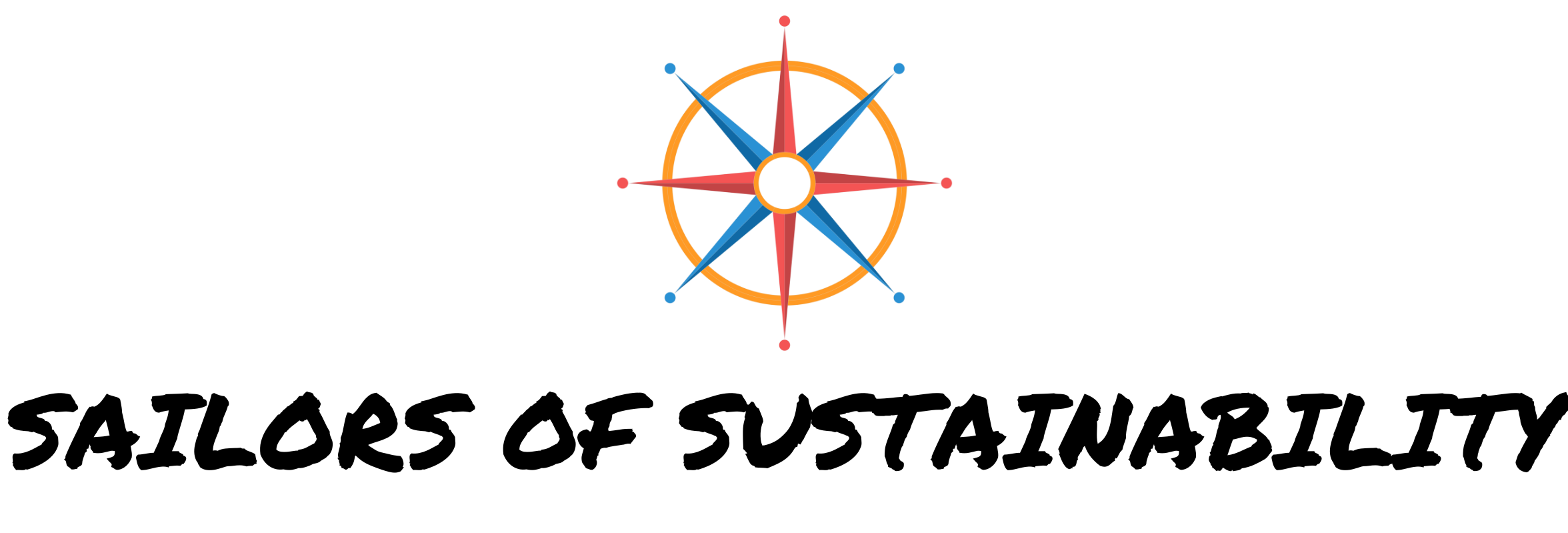Approximately in 2010, a migration and refugee crisis began to unfold in Europe due to the challenges of managing the influx of people. The common refrain has been "let's help them at home," but little has been done, and few policies have been implemented to effectively manage migration flows.
Microfinance emerges as a vital and innovative tool for supporting the livelihoods of those arriving, considering individuals and their skills as the foundation and assurance for financial instruments, regardless of the assets they possess. This sets microfinance apart from classical finance, which relies on assets as collateral. The classical model has become detached from the real economy, concentrating wealth among a few individuals and exacerbating social inequalities and the depletion of natural resources. In contrast, microfinance empowers individuals and creates a framework that caters to their needs and those of their communities. By leveraging innovative microfinance tools and technology, entrepreneurship skills can be enhanced, helping to address the migration crisis and achieve the Sustainable Development Goals (SDGs).
While variations of this financial system have existed for centuries, the birth of "modern" microfinance traces back to rural Bangladesh in the 1970s. At that time, M. Yunus, a university professor, lent $27 to a group of women who crafted bamboo stools.
To become a catalyst for sustainable development, microfinance must go beyond its current role. This is why migrants and refugees, individuals who have taken risks, crossed seas, and shown courage to seek change, are ideal actors to propel this wave of sustainability.
This financial framework can serve as a bridge that unites diverse cultures and offers a fresh start for both migrants and their host communities. For instance, the International Labour Organization launched "Microfinance for decent work" (MF4DW) in 2007, aiming to encourage microfinance institutions to improve work conditions and develop innovative products and services. Another example is Migraventure by Etimos, which combines microfinance with sustainable practices to fund startups in migrants' countries of origin. They seek high-value business ideas with profitability, socio-economic sustainability, and environmental sustainability in the medium term. Microfinanza s.r.l., since 2010, has supported and launched refugee micro-enterprises in Italy, providing guidance, training, and startup support services, with a particular focus on women and young people.
With the support of technology, microfinance can be systematically strengthened globally to drive the management of business projects for migrants and refugees. Technology serves as a key instrument for measuring key performance indicators (KPIs) and enabling transparent management. Blockchain, for example, enables data collection and offers a transparent view of the value chain. FinTech company Moeda has developed a marketplace for peer-to-peer payments, microfinancing of digital loans, and crowdfunding using flat-pegged digital tokens.
The field of micro FinTech companies directly involved with migrants and refugees is still in its early stages, but its effects could benefit multiple areas, including digital identity, efficient and traceable transactions, and transparent insurance covering life, company, disasters, and health. These instruments are argued to be safer and more resilient with the use of blockchain technology, fostering transparency, decent work conditions, and sustainable impact. Technology enables the measurement of financial parameters as well as sustainable targets, such as the SDGs. There is a growing interest among private investors in adopting sustainable investment practices. Therefore, respecting sustainable standards becomes the starting point for utilizing any microfinance tools.
Microfinance plays a central role in shaping a sustainable business and cultural model, where the economy, human beings, and the environment are interconnected to generate value and foster development. Society fails if it does not engage everyone. In the context of supply chains, this means involving people from developing and developed countries in decision-making processes to ensure equitable distribution of value. Beyond its significance in addressing the migration crisis, microfinance could become the driving force behind the creation of a sustainable value chain.
